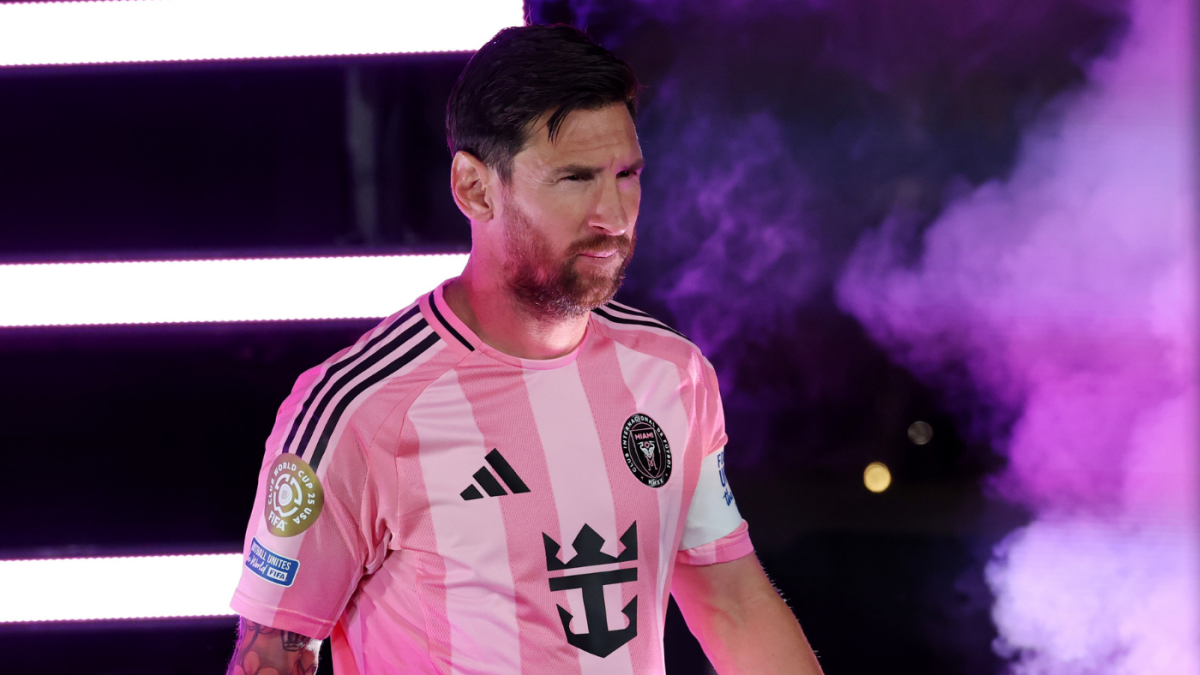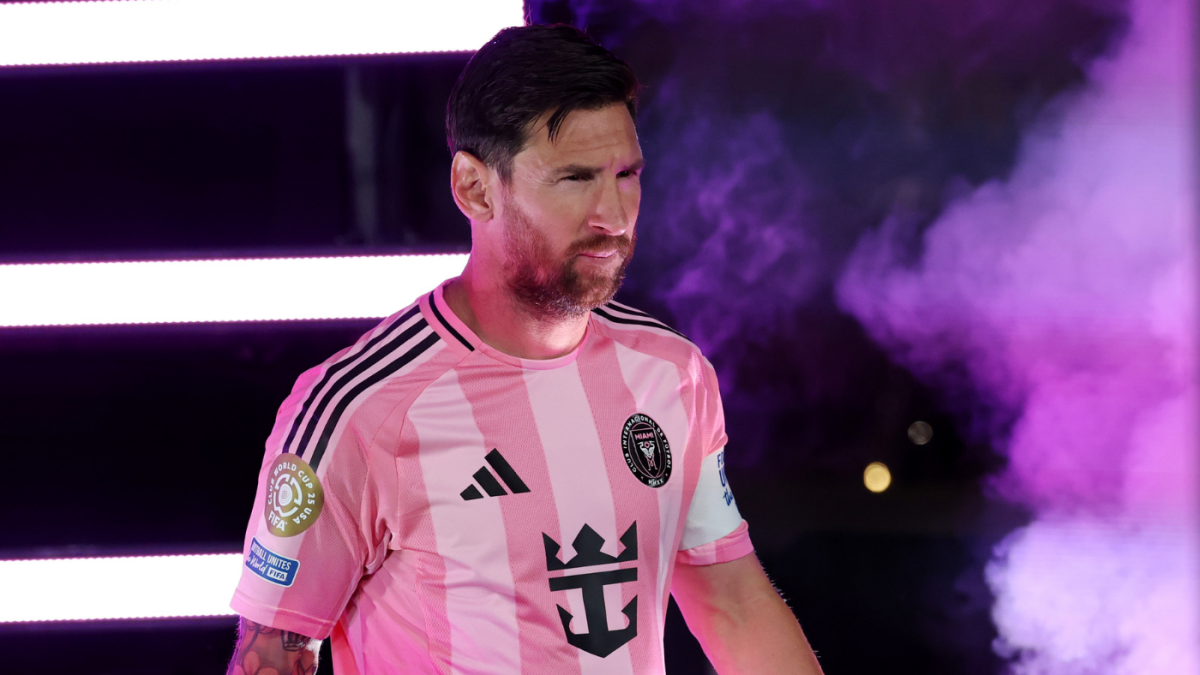Messi’s Miami Make History
The expanded FIFA Club World Cup 2025 has kicked off with a bang, delivering immediate drama and unexpected results. The early stages have seen Inter Miami, representing Major League Soccer (MLS), make a significant impact, while established European giants have stumbled. Inter Miami’s victory over FC Porto, a 2-1 triumph, represents a historic moment—the first time an MLS team has defeated a European powerhouse in the competition. This win wasn’t just a lucky break; it was earned through a determined performance and, crucially, a moment of brilliance from Lionel Messi.
The narrative surrounding Messi’s influence is pervasive. Reports consistently highlight his “magic,” his ability to “roll back the years,” and his overall impact on the team’s performance. His 54th-minute free-kick, described as “delicious” and “stunning,” proved to be the decisive goal, showcasing a skill that remains unparalleled. The reaction to the goal was electric, with fans chanting his name throughout the stadium, underscoring his iconic status and the excitement he generates. Even before the goal, Messi’s presence seemed to elevate the team, with reports noting his “vexed” reaction to falling behind, immediately signaling his intent to change the game’s trajectory. He has already reached a milestone, scoring his 50th goal for Inter Miami during this historic win.
The significance of Inter Miami’s qualification, awarded after winning the MLS Supporters’ Shield, is also being debated. Some question the “merit-based” nature of the tournament, suggesting that Inter Miami received a spot before fully earning it through playoff success. However, the team’s performance against Porto demonstrates their ability to compete on a global stage.
Botafogo’s Stunning Upset of PSG
Perhaps the most significant shock of the tournament thus far has been Botafogo’s 1-0 victory over Paris Saint-Germain (PSG). The European champions, expected to dominate, were comprehensively outplayed by the Brazilian side. The result is described as a “shock,” a “huge upset,” and a “hard-fought battle.”
The statistics paint a clear picture of PSG’s struggles. Botafogo allowed PSG to control possession—a staggering 74.6%—and complete 749 passes compared to their own 262. However, this possession proved largely ineffective. Botafogo’s victory wasn’t about dominating the ball; it was about tactical discipline, defensive solidity, and capitalizing on their opportunities. The win was described as occurring “against the run of play,” highlighting the unexpected nature of the result. The upset has sparked discussion about PSG’s performance and the evolving landscape of global football.
Early Tournament Trends and Emerging Narratives
The initial matches reveal several key trends. Firstly, the expanded format of the Club World Cup appears to be fostering greater competitiveness. Teams from outside of Europe and South America are proving capable of challenging the traditional powerhouses. Botafogo’s win is a prime example, demonstrating that tactical awareness and a strong team spirit can overcome individual brilliance and financial advantages.
Secondly, the tournament is heavily focused on Messi’s performance. Every action, every goal, and even his reactions are scrutinized and analyzed. This intense focus underscores his enduring appeal and the narrative that he remains the central figure in global football, even as he enters the later stages of his career. The media coverage consistently frames Inter Miami’s success through the lens of Messi’s influence, highlighting his ability to elevate the team and capture the attention of the world.
Thirdly, the tournament is providing a platform for MLS to showcase its growing quality. Inter Miami’s victory over Porto is a significant step forward for the league, demonstrating that MLS teams can compete with the best in the world. This success could attract more investment and talent to the league, further enhancing its competitiveness.
A Tournament Poised for Further Drama
The early stages of the FIFA Club World Cup 2025 have been nothing short of captivating. The combination of unexpected upsets, Messi’s continued brilliance, and the emergence of new contenders has created a compelling narrative. As the tournament progresses towards the final at MetLife Stadium on July 13, anticipation is building. The question now is whether Inter Miami can maintain their momentum, whether PSG can recover from their shock defeat, and whether other underdogs will emerge to challenge the established order. The tournament has already proven that anything is possible, and the coming matches promise to deliver even more drama and excitement. The initial results suggest a shift in the global football landscape, where tactical innovation and team spirit can triumph over financial might and individual star power.












